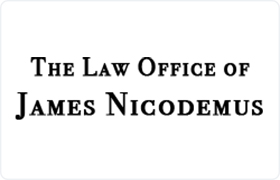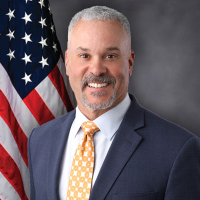Highwood Divorce Lawyer, Illinois
Sponsored Law Firm
-
 x
x

Click For More Info:
-
The Law Offices of James Nicodemus
2700 Patriot Blvd Suite 250 Glenview, IL 60026» view mapDivorce & Family Law Experienced Divorce & Family Lawyer
When you need accurate representation, whether it’s a divorce lawyer, family lawyer or child custody attorney, James Nicodemus is there for you.
800-986-5891
Includes: Alimony & Spousal Support
Howard Peritz
✓ VERIFIEDHoward Peritz is an attorney with experience as a sole proprietor, insurance industry corporate counsel, managing attorney and a senior associate in C... (more)
Eric Sucharski
Eric, the founder of Sucharski Law Firm LLC, has dedicated his career exclusively to family law. With extensive experience in trial litigation and a t... (more)
Alan Lenczycki
✓ VERIFIEDAlan K. Lenczycki is an experienced litigator and counselor focusing his practice on family and criminal law. A former prosecutor for six years in ... (more)
 James Nicodemus Glenview, IL
James Nicodemus Glenview, IL AboutThe Law Offices of James Nicodemus
AboutThe Law Offices of James Nicodemus Practice AreasExpertise
Practice AreasExpertise



